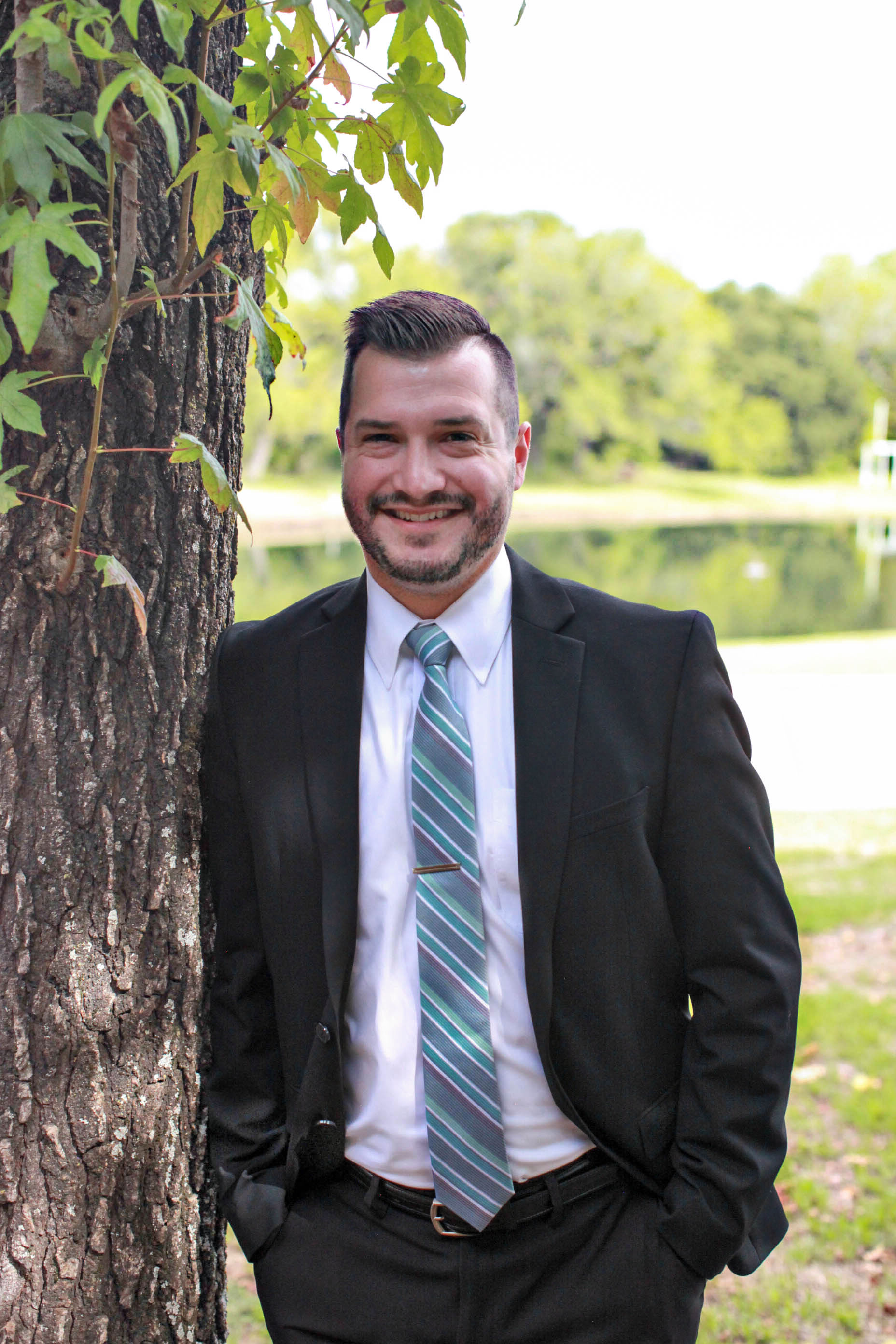According to 2015 survey by Mental Health in America, 12.63 percent of youth aged 12 to 17 reported suffering from at least one major depressive episode 2014. More than 2 million or 8.7 percent of youth cope with severe major depression. Depression in youth often co-occurs with other disorders like substance abuse, anxiety and disorderly behavior. Childhood depression is more likely to persist into adulthood if gone untreated. Nearly 62 percent of youth with major depression do not receive any mental health treatment. Among the top ranked states almost 50 percent of youth are not receiving the mental health services they need. The state prevalence of untreated youth with depression ranges from 45.8 percent in Connecticut to 71.3 percent in Texas. Nationally only 25.1 percent of youth with severe depression received some consistent treatment. Late recognition in the home and limited availability of mental health services often prevent youth from receiving timely and effective treatment.
Perimeter Healthcare CEO Rod Laughlin has initiated plans to combat this ever-increasing problem. After years of serving the market in another facility he realized the need for mental health services in youth and the drastic under-bedding available in the market. Perimeter Healthcare felt they could make a difference in the lives of young people within the Metroplex and integrate quality behavioral health care into the market.
By implementing many different tools to measure outcome and success within their patient population, Perimeter Healthcare hopes to provide quality health care to children and reduce recidivism through individualized treatment programs for trauma mental health and chemical dependency challenges. Perimeter has formed partnerships within the community to provide continuity of care that is important to facilitate any healthy treatment plan they are working with several agencies and continuing to build other partnerships to best help future patients. Perimeter has been diligently working with Cook Childrens’ and TCU to educate their staffs on Trust Based Relational Intervention (TBRI) for the trauma program and the Seven Challenges Partnership for its chemical dependency program. Through such collaboration and community partnerships, Perimeter believes they can all change mental health for our community.
Perimeter Healthcare has chosen to work with youth after meeting with Cook Childrens’ in Fort Worth and Children’s in Dallas to assess the needs for children within each community. The market is drastically under bedded based on the DFW population for children and adolescent inpatient treatment. Perimeter aims to fill the needs for children in the area and provide quality treatment that meets their specific needs. They opened their facility with 30 beds and the second phase of renovation is scheduled to open in late September. Located at 7000 US Hwy 287, Perimeter Behavioral Hospital of Arlington will be a freestanding inpatient hospital for children. At full capacity it will offer trauma, mental health and chemical dependency tracks for ages five to twenty-five as well as intensive outpatient programs and partial hospitalization programs for continuing care. Perimeter is proud to be the first hospital in the state that will be an all children, freestanding behavioral health hospital. Working with the community, they will receive seek from concerned parents, school counselors and other health care facilities. These referrals will come out of concern for the safety and well- being of a child.

Perimeter’s goal is to help each patient and their family so that these children will not need to be readmitted. “We want to provide care that specifically treats the challenges that the child is going through, stepping them down to the appropriate level of care to continue their treatment and help them live a life with the ability to cope with any mental health challenges they may encounter. Bringing much-needed awareness to mental health and its impact on the lives of children, Perimeter Healthcare wants to change the current conversation by helping children become healthy adults.





